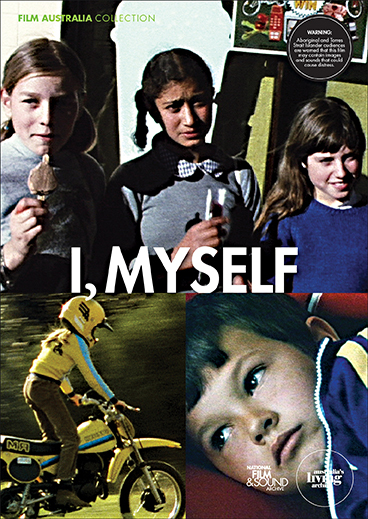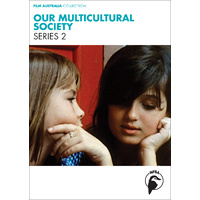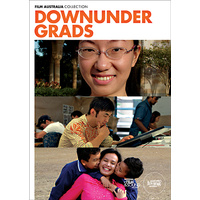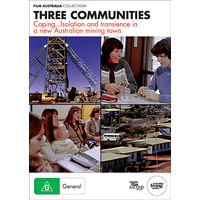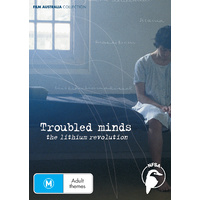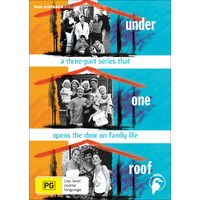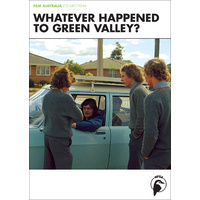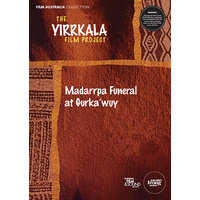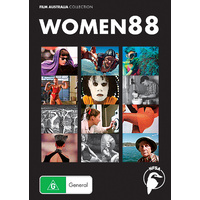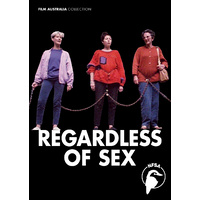1982, Total Running Time 63 Minutes (7 x 9 Minutes)
This series of seven short programs is centred on the self-image of primary school children. The films are direct presentations of the experiences of children in a range of situations, and are particularly useful for child and adolescent counsellers and child development educators. They are stimulus films, designed to direct viewers to focus on an issue and prompt an examination of their own attitudes and beliefs.
EPISODES
Shane Shane is a slow learner who identifies himself as “dumb”. He’s been labelled that way by his peers and has nothing good to say about himself. This film examines how his chronic sense of failure affects his relationship with his parents, siblings and peers. By showing him at home and at school, it illustrates some of the causes and consequences of his low self-esteem and touches on the related issues of physical abuse, ostracism and society’s expectations.
Tracey and Trevor Trailbike rider Tracey wants to be a jockey. Trevor wants to be a cook. Both have been socialised into accepting common gender stereotypes and so feel they are contrary to the “norm”. In this film they discuss how they feel about being a girl and a boy, reveal their values and comment on the expectations and prejudices of others, including friends, family and society.
Stephanie Stephanie is physically disabled but has learned to walk with callipers. Her determination has been evident since she was young and she has fought hard to overcome her situation. As Stephanie says, “I’m not really handicapped”. So when is a handicap not a handicap? This film gives insights into Stephanie’s strategy for coping and reveals her attitude towards other disabled people in her interactions with her deaf and autistic sister at home and with children at her school.
Honie Honie has an Aboriginal mother and an English father and lives with them in an inner suburb of a large Australian city. She attends a school where she says people get teased if they are different. However, a visit from the Aboriginal Dance Theatre inspires Honie to join the group and now she performs for others. This program deals with what it means to be Aboriginal and the recognition of cultural heritage and pride, and asks how Aboriginal traditions can be reinforced in contemporary urban society.
Gang, The Honadie, Julie and Joanne are members of a gang. They believe that their peers are submissive to them because of the violence the gang has used and has threatened to use. Is this just senseless violence or an inevitable response to social conditions? This film explores the reasons for the existence of school gangs, gang values and attitudes, through the thoughts and feelings of the gang members and the reaction of their peers, the school principal and some of their parents.
Sean and Joel Sean and Joel must come to terms with the fact that their father has left home for good this time. He has remarried and the boys have stayed with their single mother. The film shows the two brothers at home with mum and during a visit to dad and his new wife. The boys sometimes revert to the fantasy of their parent’s reconciliation but they are coming to terms with the new set of relationships. The film explores the aftermath of parental separation through the eyes of children.
Dean and Donna Donna and Dean are learning to adjust to different “blended family” situations. When Donna’s mother re-marries, Donna has to learn to share her baby brother with new siblings. She feels her brother has been stolen, and has to overcome the feeling’s of rejection. She’s also now a middle child rather than the eldest. Dean, on the other hand, has come to live with his father and his father’s new wife. They have recently had a baby. Both Donna and Dean are facing the difficulties involved in getting to know a new family. It’s hard on all parties, but this is a film about learning to accept and looking for acceptance.
© 2011 National Film and Sound Archive of Australia.
(198006500)
DirectorS: Ian Munro, Sandra Richardson
Year: 1982
Total Running Time: 63 Minutes
Classification: Exempt from classification
Curriculum Links: Aboriginal Studies; Conflict Resolution and Loss and Grief Studies; Counselling; Disability Studies; English K-10 'Popular and Youth Cultures', 'Cultural, Social and Gender Perspectives', ‘Insights into Aboriginal Experiences in Australia’; Gender Studies; Health and Behavioural Sciences; Indigenous Studies; Marriage Guidance; PDHPE; Psychology; Sociology; HSIE/SOSE.
SEE ALSO
| SKU | 198006500 |
| Brand | Film Australia |

